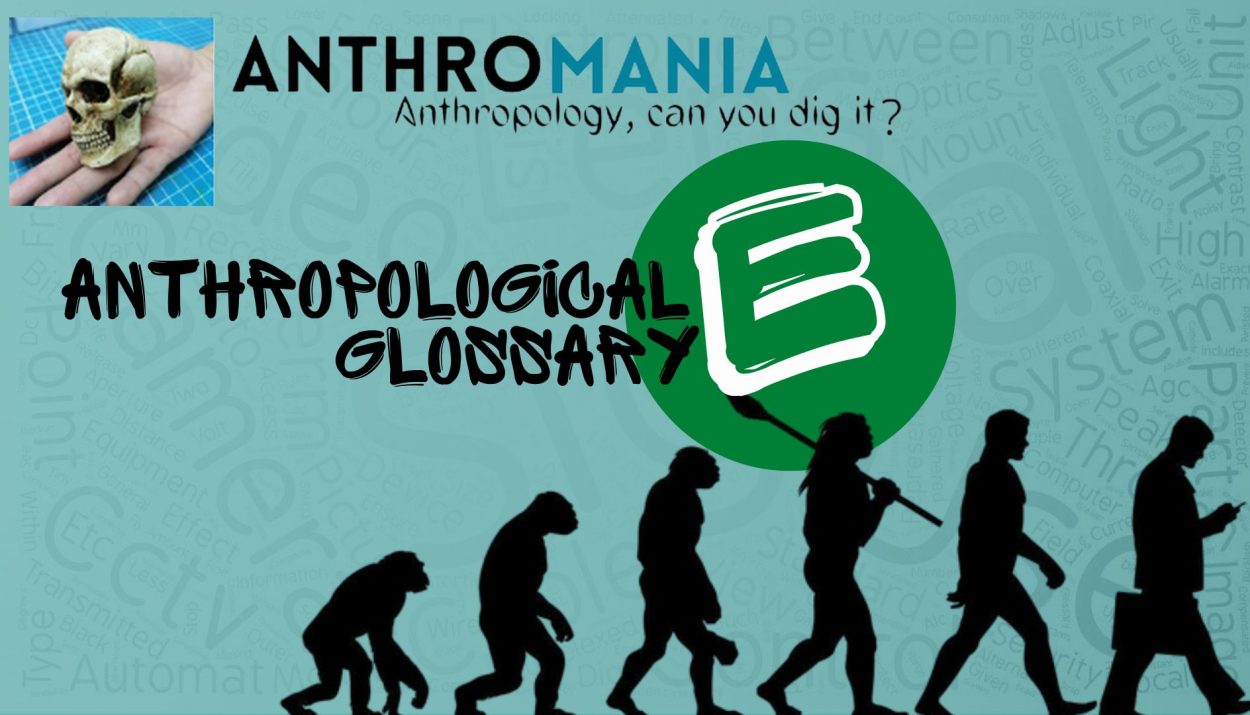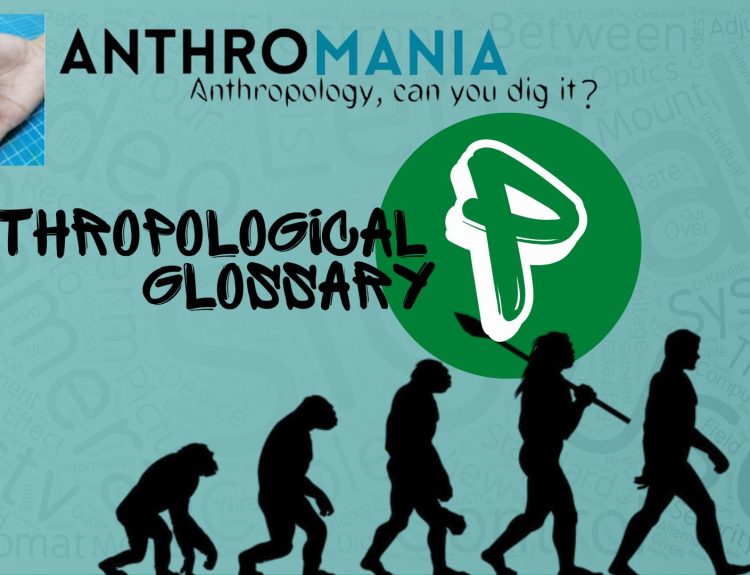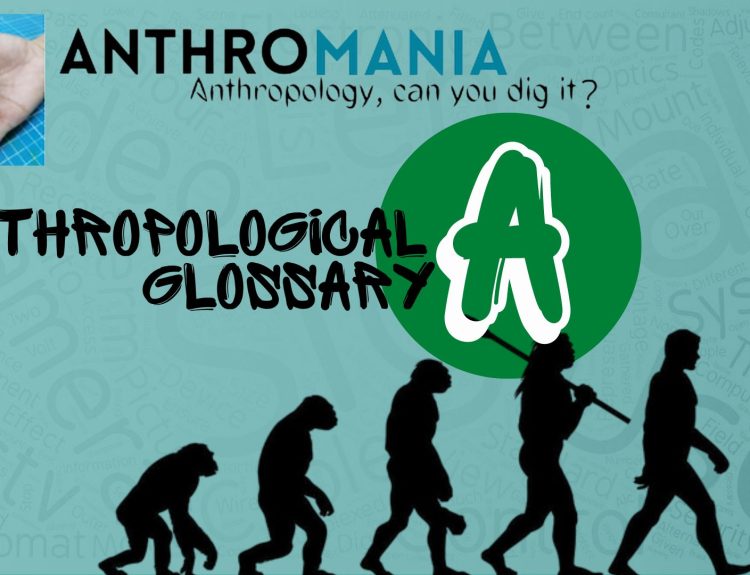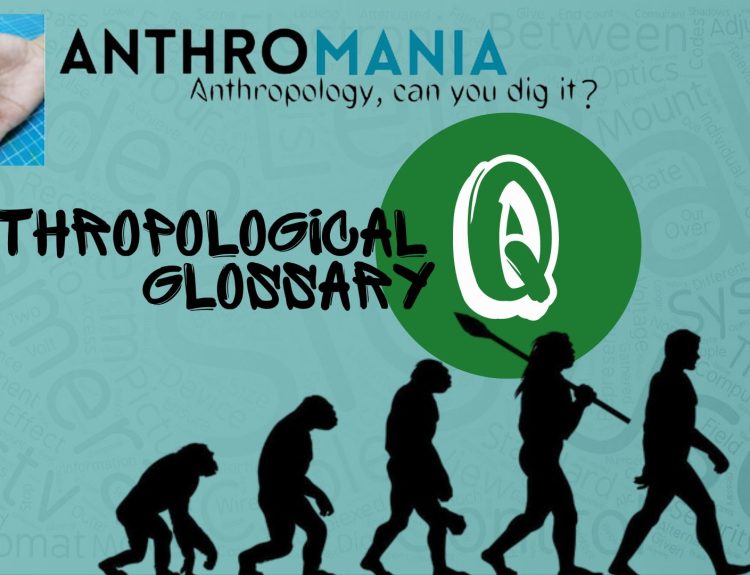The article “Anthropological Glossary (Letter E)” aims to elucidate fundamental terminology employed in the field of anthropology.
Ecological anthropology: A field of study that deals with how man and his culture adapt to their surrounding environment.
Economic anthropology: A subfield of anthropology that studies how societies produce, distribute, and consume goods and services. It examines economic systems, trade, exchange, and the cultural and social factors that influence economic behaviour.
Ecotourism: A sustainable form of tourism that focuses on visiting natural environments while minimizing the impact on the environment and supporting conservation efforts.
Egalitarianism: The principle or belief in equal rights, opportunities, and treatment for all members of a society or group, often related to social and economic equality.
Emic and Etic: Concepts used in anthropological research. “Emic” refers to an insider’s perspective, understanding cultural phenomena from within the culture being studied. “Etic” refers to an outsider’s perspective, analyzing cultural phenomena from an objective, comparative standpoint.
Enculturation: The process by which individuals acquire the beliefs, values, customs, behaviours, and social norms of their own culture or society.
Endemic: A term used to describe a disease or phenomenon that is consistently present in a particular region or population.
Endogamy: A cultural practice or rule that requires individuals to marry within their own social or kinship group, often reinforcing social boundaries and group identity.
Environmental determinism: Suggests that the natural environment directly shapes human behaviour, societies, and cultures.
Epidemiology: The branch of medical science concerned with the study of the distribution and determinants of health and disease in populations.
Epilepsy: A chronic non-communicable neurological disorder that affects the brain’s electrical activity, leading to seizures.
Ergonomics: The science of designing and arranging products, systems, and environments to optimize human performance, safety, and well-being. It aims to ensure that the interaction between people and their surroundings is efficient, comfortable, and safe, taking into account human capabilities, limitations, and comfort factors.
Eskimo system: The kinship system used by some cultures, such as the Inuit and Yupik in North America. It places relatively equal emphasis on relationships with both maternal and paternal relatives. Read- Patterns of Kinship Terminology
Ethics: The moral principles and guidelines governing research and interactions with studied populations.
Ethnicity: A shared cultural identity among a group of people, often characterized by common heritage, language, religion, traditions, and customs.
Ethnobotany: An interdisciplinary field that studies the relationships between plants and people in various cultures.
Ethnocentrism: The belief that one’s own culture, ethnicity, or group is superior to others, often leading to the judgment or evaluation of other cultures based on one’s own cultural norms and values.
Ethnocide: The deliberate and systematic destruction or suppression of the culture, customs, and traditions of an ethnic or cultural group.
Ethnogenesis: The process through which new ethnic or cultural groups are formed, often through a combination of cultural, social, and historical factors.
Ethnography: A qualitative research method used in anthropology and sociology to study and understand human cultures. It involves immersive fieldwork where researchers observe, participate in, and interview individuals within a specific cultural group.
Ethnohistory: The interdisciplinary study of history and anthropology, focusing on the history of specific ethnic or cultural groups.
Ethnology: The comparative and analytical study of cultures and societies, often focusing on broader patterns and cross-cultural comparisons.
Ethnomedicine: the study of traditional medical practices, knowledge, and beliefs within specific cultures or communities. It involves the use of indigenous healing methods, medicinal plants, rituals, and remedies.
Ethnozoology: A branch of ethnobiology that studies the intricate relationships between humans and animals across different cultures and societies.
Evolution: The biological process through which living organisms change over successive generations. Over time, these changes can lead to the emergence of new species and the diversification of life forms on Earth.
Exogamy: A cultural practice or rule that requires individuals to marry outside their own social or kinship group, often promoting diversity and social integration.







